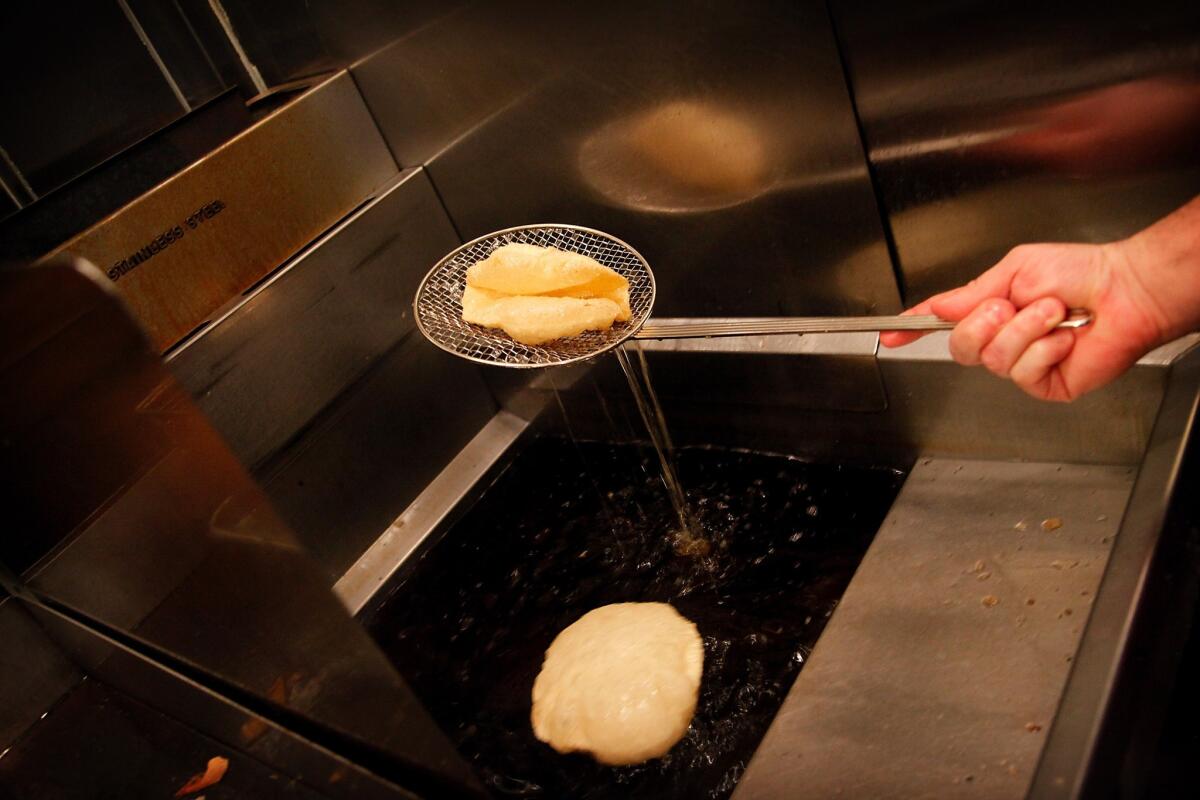Phillips 66 is turning a California oil refinery into a biofuel plant

Phillips 66 has become the latest in a string of U.S. refiners to announce plans to convert an oil refinery into a biofuel plant.
The company said Wednesday that its 120,000 barrel-a-day Rodeo refinery near San Francisco will become the worldâs biggest plant that makes so-called renewable diesel, as well as gasoline and jet fuel, out of used cooking oil, fats, greases and soybean oils.
The announcement came about a week after Marathon Petroleum Corp. said that it may convert two refineries into renewable diesel plants. In June, HollyFrontier Corp. said it would turn its Cheyenne, Wyo., refinery into a renewable diesel plant by 2022.
As refiners across the U.S. struggle with depressed fuel demand amid the pandemic, Californiaâs low-carbon fuel trading scheme may represent a pathway for survival. Demand for so-called renewable diesel is surging in the Golden State as refiners buy increasing numbers of credits under the low-carbon fuel standard program, which aims to cut vehicle emissions 20% by 2030.
âThere is overcapacity on the refining market,â Marijn van der Wal, biofuel advisor at Stratas Advisors in Singapore, said in an interview Wednesday. âAre we going to shut down our refineries or are we going to repurpose them?â
Renewable diesel is chemically identical to diesel derived from fossil fuels, according to Neste Oyj, the wordâs biggest producer of the fuel.
The LCFS credits as well as federal RIN D5 credits and recently reintroduced Blenders Tax Credits generate about $3.32 a gallon in subsidies for renewable diesel producers, enough to cover production costs, Van der Wal said in a June report.
âItâs a mind-boggling amount of money,â he said by phone. âYou will make a lot of money as long as all these subsidies come in.â
The Rodeo plant could start operating as early as 2024, producing 680 million gallons a year of renewable diesel, gasoline and jet fuel, the company said. Combined with production from an existing project in development, the plant would produce more than 800 million gallons a year. In addition to repurposing the Rodeo refinery, the company also announced it would be closing its 45,000-barrel-a-day plant in Santa Maria in 2023.
Last week, Marathon said it will convert its 166,000-barrel-a-day Martinez, Calif., refinery into a terminal facility and that may include a 48,000-barrel-a-day renewable diesel plant as soon as 2022. The company is turning its 19,000-barrel-a-day North Dakota plant into a renewable diesel plant by the end of this year.
The surge of new entrants into the California biofuel market is creating its own problems, Van der Wal said. Existing renewable diesel suppliers to California, including Neste and Valero Energy Corp., have locked up much of the feedstock, leaving less tallow and cooking oil for the newcomers. Additionally, so many projects are being proposed that there may not be enough diesel demand in California to absorb the additional fuel.
More to Read
Inside the business of entertainment
The Wide Shot brings you news, analysis and insights on everything from streaming wars to production â and what it all means for the future.
You may occasionally receive promotional content from the Los Angeles Times.










